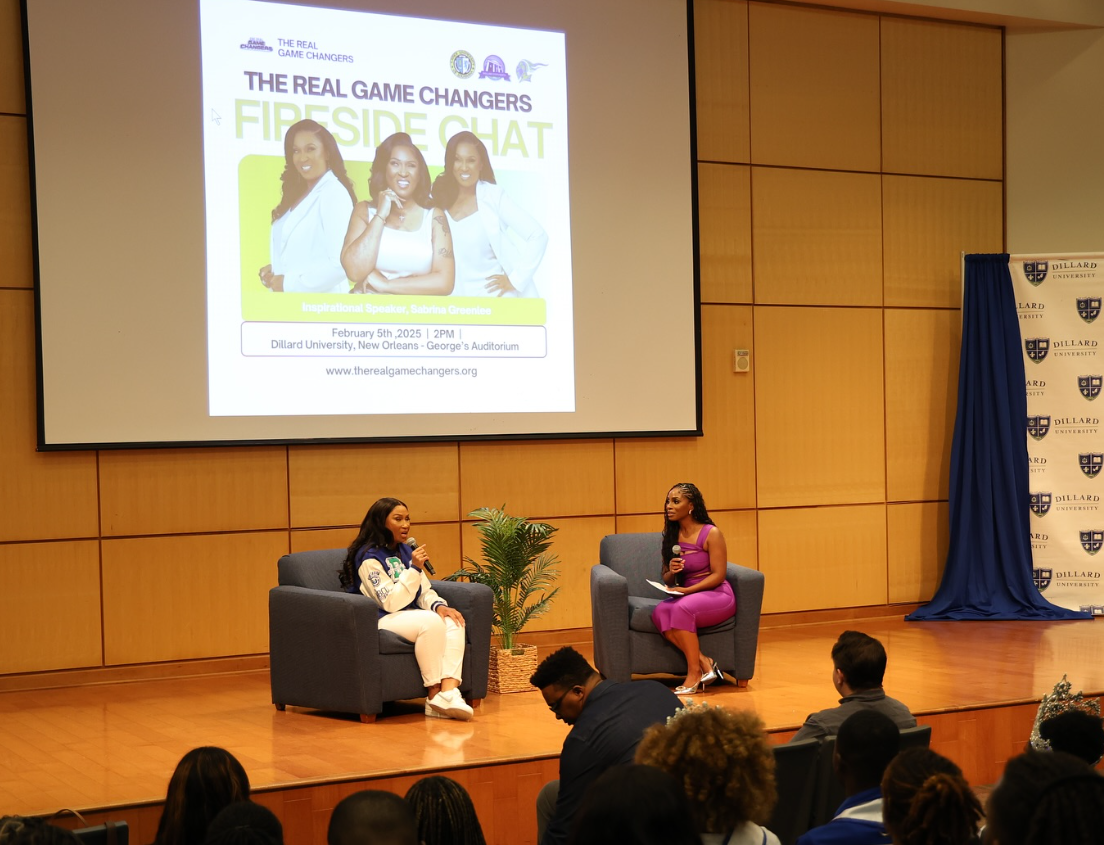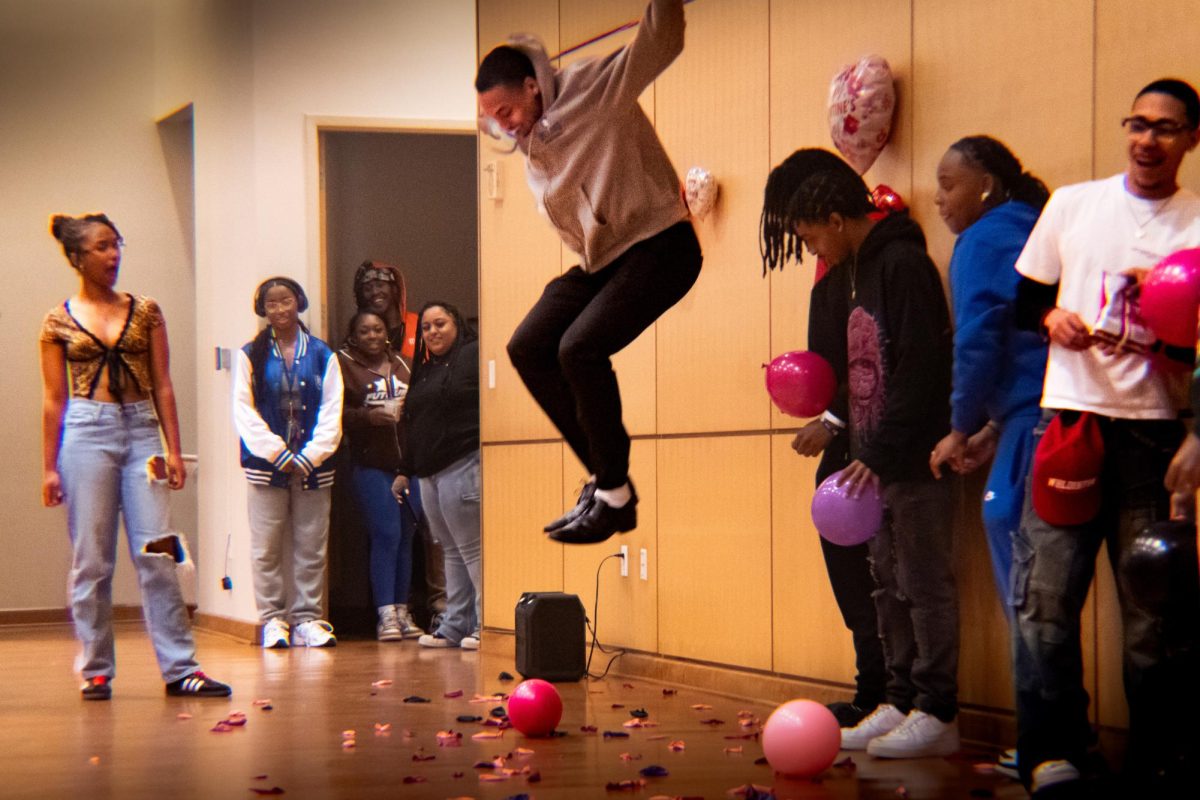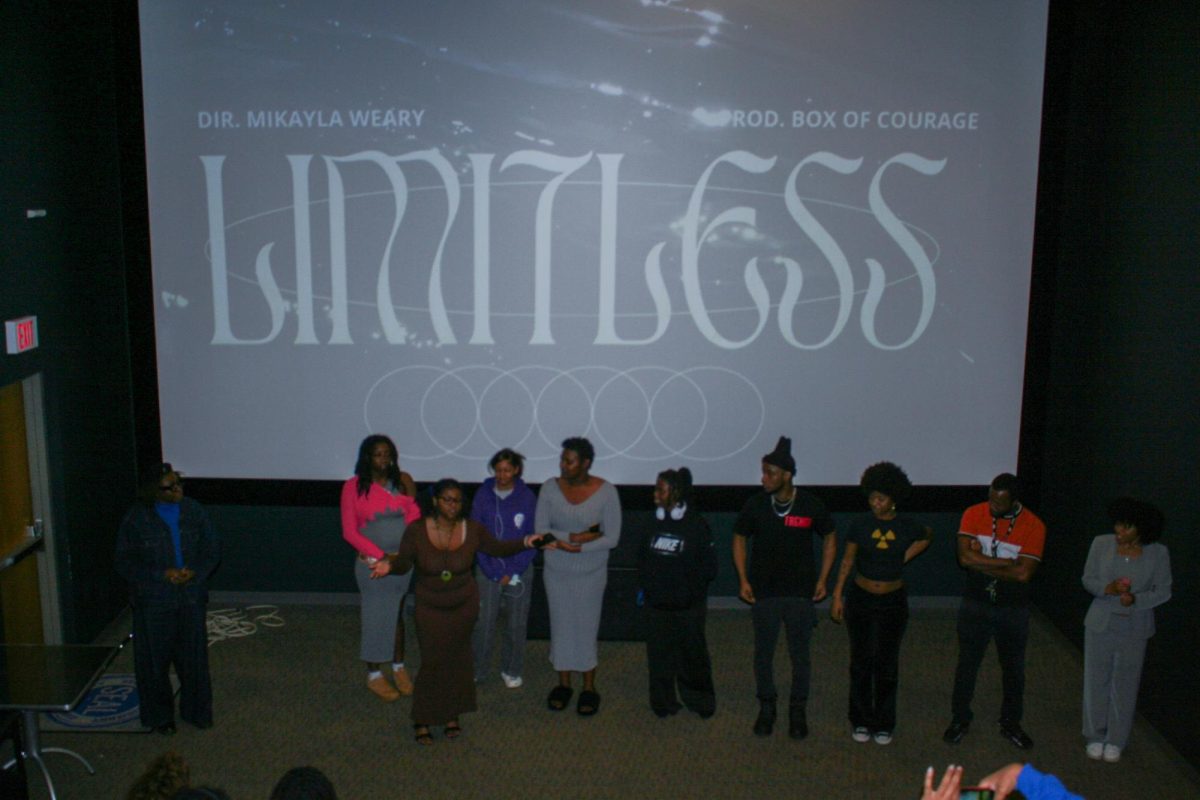A state drug prevention officer last week told Dillard University psychology students that alcohol and drugs can ruin their lives.
Landry Dixon, senior prevention officer for the office of addictive disorders, said that he is a prime example of what drugs and alcohol could do to a person both mentally and physically.
Standing in front of a class of about 40 or more students, Dixon said he was an alcoholic at the age of five. His father was an alcohol bootlegger so he always had access to free alcohol. By the time he was eight or nine years old he found that alcohol made him sleepy; therefore he occasionally popped open bottles of different alcoholic beverages in order to go to sleep.
The class reacted in a shocking manner and hands instantly shot to the sky. Seeming overwhelmed Dixon said he would take questions at the end of the class period because he could not handle all of them at once and did not want to take up too much time.
As Dixon continued with his speech, he stumbled on big and small words. He blamed his speech impediment on drugs he regularly used when he was an adolescent. “Cocaine and heroin were the two I used the most because they were the most common at the time and I suggest if you see them run from them,” said Dixon.
Dixon told the class that it only takes a person to use a drug once and then their life is ruined because drugs are easy to get hooked on. He said that many small drugs lead to bigger and more addicting drugs. According to Dixon, “Alcohol can lead to weed, weed could lead to alcohol, and then comes ecstasy, which leads to cocaine next is heroin, after that PCP and so on.
Amongst jittery and tickled students Dixon explained that once you achieve a high that provides a great feeling, your mind and body want to either achieve that same high or an even greater high. “Unfortunately that is not possible and most drug users don’t realize it until it’s too late,” said Dr. Alfred White, a human development and child development professor, as he interrupted Dixon. Dr. White said he invited Dixon so students could learn from Dixon’s knowledge and past addictions.






























